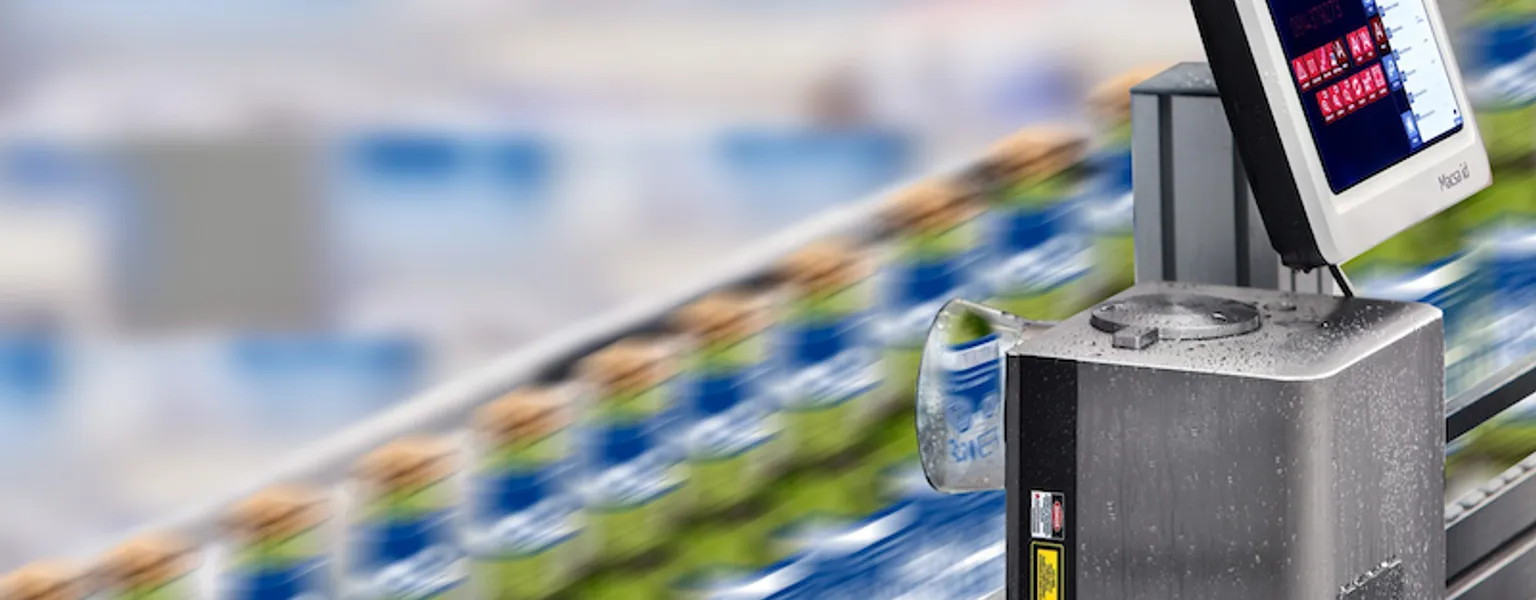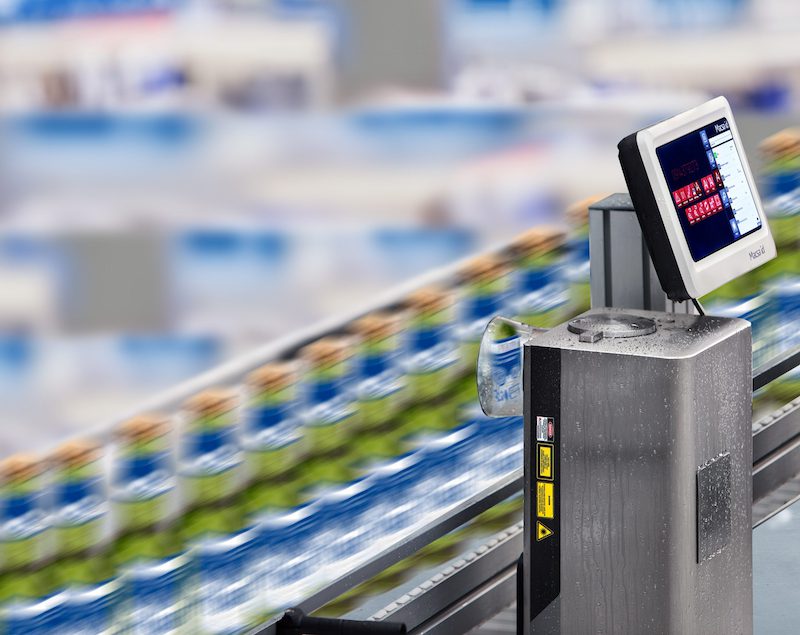Macsa Id: Laser marking of QR codes on beverage labels

Supplier News
Macsa ID equipment is used to code and mark products made from a wide variety of materials, including paper, cardboard, plastics (PET, PVC, HDPE), glass, metals and wood. The messages and graphics that are achieved are high quality, at a minimum operating cost and at high speeds.
Application News demonstrates a sample of products that are coded and marked with Macsa ID lasers, every day and around the world.
Macsa Id application
Commitment to the customer is becoming increasingly stronger in B2C companies and brands that reach the end consumer directly. Through a QR code on the packaging you can find out who is consuming your product, participating in contests or, in the very near future, who correctly recycles the material in said packaging.
The beverage market is one in which customer engagement is gaining more strength and where more and more QR codes are marked on containers, even going so far as to change the design of the label to reserve space for this marking.
In this case, we have marked QR codes with a CO2 laser on labels of different colors. The laser reaction on the paper strips the paint from the paper, generating a high-quality and legible marking. With a 100×100 lens and a minimum power of 60W, we have achieved high-resolution QR code markings (expiration dates and lot numbers), generated at the high speed required by these production lines. The background color of the label enables the viewer to easily read the QR code and marking. For this reason, there is the possibility of creating an exclusive black reserve for marking and coding.

Would you like to learn more about the advantages of laser marking for beverages? Contact us.
This article was originally published by Macsa Id.
Related News
-
Supplier News
Macsa Id UK appoints Regional Sales Manager for the South
-
Supplier News
Macsa Id UK to showcase UV laser coder and thermal inkjet printer at PPMA
-
Supplier News
Macsa Id UK SPA2 CO2 laser coders ideal for marking cardboard pots used for dairy products
-
Supplier News
Macsa Id helps world renowned winery automate its coding, marking and labelling process
-
Supplier News
Macsa Id: Laser marking on polyethylene and recycled polypropylene freezer bags





